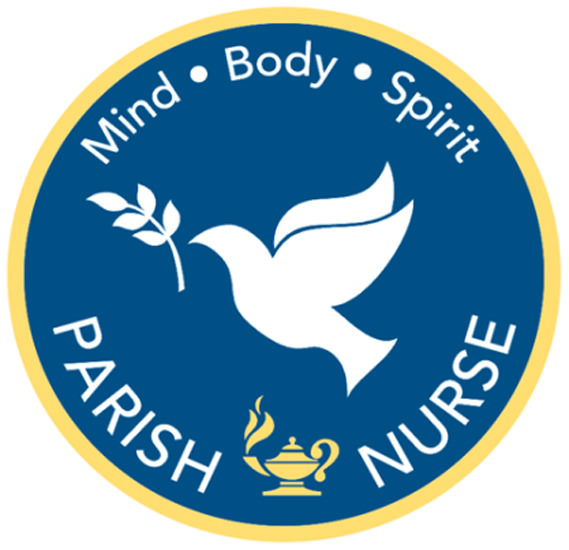Here we are at the end of winter and I want to discuss an issue seldom talked about in cold weather, dehydration. Dehydration can happen just as easily in cold months as in the warm months. Did you know our bodies have a survival mechanism that constricts blood vessels in our arms and legs in cold weather, so that we can conserve heat and maintain healthy body temperatures. This constriction increases blood pressure and increases urination. Also, as the temperature drops, water vapor is lost as you breath. It’s fun to see your breath but this increases your fluid needs. As the furnace works to keep your home warm it also has a drying effect, making you more susceptible to viruses and flu’s. We all love winter sports and shoveling snow, but we over exert ourselves and don’t think about fluid needs.
What are the signs of dehydration? Mild to moderate dehydration shows up as a dry mouth, decreased activity or sleepiness, thirst, decreased urine output, dry skin, headaches, dizziness or light headedness. This can be treated by a slow increase in fluids. Severe dehydration should be treated in a health center. Increasing thirst, extreme fussiness or irritability, sunken eyes, dry mouth and skin that does not bounce back when pinched into a fold, low blood pressure, increased or bounding pulse with rapid breathing, high fever and unconsciousness are all signs of severe dehydration and require emergency medical help.
Some of us have a greater risk of dehydration. Infants and children are more vulnerable because of small body size and a faster turnover of fluids and electrolytes. Breast feeding moms need more fluids. Older adults have a decreased ability to conserve fluids and have a lessened thirst sense. Seniors living alone or in nursing homes forget to eat and drink. Chronic illnesses and use of medication also increases risk. Endurance athletes have a special risk because the longer one exercises the harder it is to hydrate to cover fluid loss. High altitudes cause us to breathe more rapidly to maintain adequate oxygen levels, but increased water vapor loss also occurs.
So remember, hydrate more in cold temperatures. A handy guide to use is, drink half of your body weight in fluid ounces. If you’re a 180-pound man, drink 90 fluid ounces each day. This is about eleven eight ounce glasses. Also during heavy exercise, take a break and drink fluids. Increased hydration will produce the best health.


